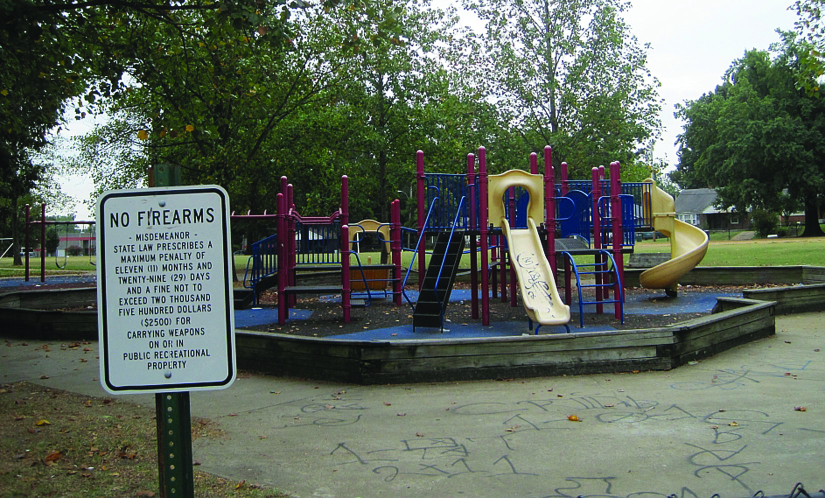| << Chapter < Page | Chapter >> Page > |

The Third Amendment says in full:
“No Soldier shall, in time of peace be quartered in any house, without the consent of the Owner, nor in time of war, but in a manner to be prescribed by law.”
Most people consider this provision of the Constitution obsolete and unimportant. However, it is worthwhile to note its relevance in the context of the time: citizens remembered having their cities and towns occupied by British soldiers and mercenaries during the Revolutionary War, and they viewed the British laws that required the colonists to house soldiers particularly offensive, to the point that it had been among the grievances listed in the Declaration of Independence.
Today it seems unlikely the federal government would need to house military forces in civilian lodgings against the will of property owners or tenants; however, perhaps in the same way we consider the Second and Fourth amendments, we can think of the Third Amendment as reflecting a broader idea that our homes lie within a “zone of privacy” that government officials should not violate unless absolutely necessary.
The Fourth Amendment sits at the boundary between general individual freedoms and the rights of those suspected of crimes. We saw earlier that perhaps it reflects James Madison’s broader concern about establishing an expectation of privacy from government intrusion at home. Another way to think of the Fourth Amendment is that it protects us from overzealous efforts by law enforcement to root out crime by ensuring that police have good reason before they intrude on people’s lives with criminal investigations.
The text of the Fourth Amendment is as follows:
“The right of the people to be secure in their persons, houses, papers, and effects, against unreasonable searches and seizures, shall not be violated, and no Warrants shall issue, but upon probable cause, supported by Oath or affirmation, and particularly describing the place to be searched, and the persons or things to be seized.”
The amendment places limits on both searches and seizures : Searches are efforts to locate documents and contraband. Seizures are the taking of these items by the government for use as evidence in a criminal prosecution (or, in the case of a person, the detention or taking of the person into custody).
In either case, the amendment indicates that government officials are required to apply for and receive a search warrant prior to a search or seizure; this warrant is a legal document, signed by a judge, allowing police to search and/or seize persons or property. Since the 1960s, however, the Supreme Court has issued a series of rulings limiting the warrant requirement in situations where a person can be said to lack a “reasonable expectation of privacy” outside the home. Police can also search and/or seize people or property without a warrant if the owner or renter consents to the search, if there is a reasonable expectation that evidence may be destroyed or tampered with before a warrant can be issued (i.e., exigent circumstances), or if the items in question are in plain view of government officials.

Notification Switch
Would you like to follow the 'American government' conversation and receive update notifications?